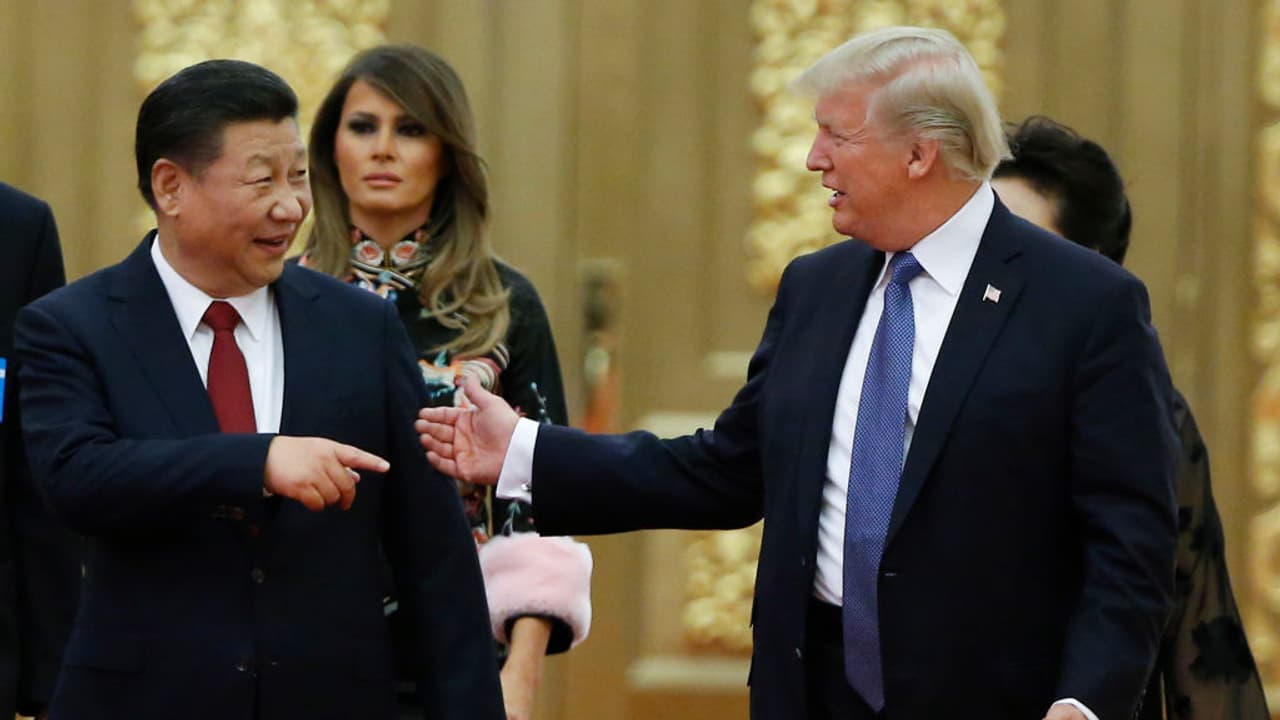World leaders gather in Kuala Lumpur for ASEAN’s pivotal summit, where peace efforts and regional disputes dominate discussions.
World leaders are traveling to Kuala Lumpur this week for the 47th ASEAN Summit and a series of related meetings, in what is shaping up to be the bloc’s most important gathering in years. The summit, beginning Sunday and running through October 28, comes with a crowded agenda and an unusually high-profile list of attendees.
Among those confirmed are U.S. President Donald Trump, Chinese Premier Li Qiang, Japan’s newly sworn-in Prime Minister Takaichi Sanae, South Korean President Lee Jae-myung, and Brazilian President Luiz Inacio Lula da Silva. Leaders from South Africa, Canada, Australia, and New Zealand will also be present, while Indian Prime Minister Narendra Modi will participate virtually.
The summit is expected to mark a historic milestone with the admission of Timor-Leste as ASEAN’s 11th member, the bloc’s first expansion since 1999. But the agenda extends far beyond enlargement. Leaders will confront pressing issues ranging from the civil war in Myanmar and disputes in the South China Sea to intensifying U.S.-China competition, the situation in Gaza, and the region’s growing online scam industry.
Trump’s Attendance and Cambodia–Thailand Peace Push
Donald Trump’s attendance has been the subject of speculation for months. Malaysia’s Prime Minister Anwar Ibrahim, who holds ASEAN’s rotating chair for 2025, confirmed in July that Trump had accepted the invitation, though the White House only confirmed his travel plans recently. Donald Trump is scheduled to meet PM Anwar and join a working dinner of ASEAN leaders on Sunday before departing for Japan and South Korea, where he will address the APEC CEO Summit on October 30 and meet Chinese leader Xi Jinping.
During his first term, Trump attended an ASEAN summit only once, in the Philippines in 2017, and left before the East Asia Summit. His presence in Kuala Lumpur is therefore seen as a diplomatic win for the Malaysian PM, who has pointed to the number of attendees as proof of ASEAN’s relevance. Yet Trump’s interest appears focused less on ASEAN itself than on presiding over a peace declaration between Cambodia and Thailand, aimed at ending their border conflict that flared in July, leaving at least 42 dead and displacing 300,000 people.
Reports earlier this month suggested that the U.S. President conditioned his attendance on being able to oversee the peace agreement, which the two nations have since rushed to finalize. He also reportedly requested that Chinese officials be excluded from the ceremony, though it remains unclear whether Malaysia has agreed. Donald Trump, who claimed credit for brokering a ceasefire by threatening tariffs, is expected to use the ceremony to bolster his image as an international peacemaker. However, his itinerary suggests he will skip the East Asia Summit on Monday, the premier regional forum for U.S. presidents.
Analysts caution that Trump’s visit may prove more symbolic than substantive. Unless it is followed by concrete policy or funding, the trip risks being a one-off. Trump’s diplomatic theater could also overshadow ASEAN’s own agenda, much as it has dominated the lead-up to the summit.
ASEAN’s Struggles With Regional Crises and Global Pressures

On the South China Sea, ASEAN and China agreed in 2023 to accelerate negotiations on a Code of Conduct, but progress has dragged. This year’s summit is unlikely to yield more than expressions of concern, reflecting the fact that only a handful of ASEAN states have direct stakes in the disputes, while others maintain close ties with Beijing.
The bloc faces similar divisions over U.S.-China rivalry more broadly. Most members prefer to avoid choosing sides, yet Trump’s demand to exclude Chinese officials from the peace ceremony illustrates how such choices are increasingly unavoidable.
Myanmar remains another thorny issue. Since the military seized power in 2021, ASEAN has struggled to implement its Five-Point Consensus peace plan. The junta has announced elections beginning December 28, which it hopes will restore legitimacy. ASEAN leaders have urged peace before the polls and insisted any election be inclusive, but with the military pressing ahead, the bloc faces the prospect of eventually accepting the outcome despite its flaws. Rights groups, including Amnesty International, have urged ASEAN to abandon the failed consensus and intensify pressure on the junta.
The conflict in Gaza also looms over the summit. ASEAN foreign ministers welcomed the October 8 ceasefire, calling it a crucial step. PM Anwar has said he will raise the issue with Trump, crediting him with halting bombings, though protests are expected in Kuala Lumpur from pro-Palestine groups. ASEAN has expressed support for Palestinian self-determination, but balancing this stance with ties to Washington remains delicate.
Another urgent concern is the region’s surge in online scams. Just last week, the U.S. and U.K. launched unprecedented joint action against Cambodia’s Prince Holding Group, sanctioning 146 individuals and entities linked to cyber fraud, human trafficking, and money laundering. Nearly $15 billion in bitcoin was seized, the largest action ever. The move has pressured Cambodian Prime Minister Hun Manet’s government to act, while in Thailand, two cabinet members face accusations of ties to scam networks. Whether ASEAN addresses the issue directly remains uncertain, but external pressure is mounting.
